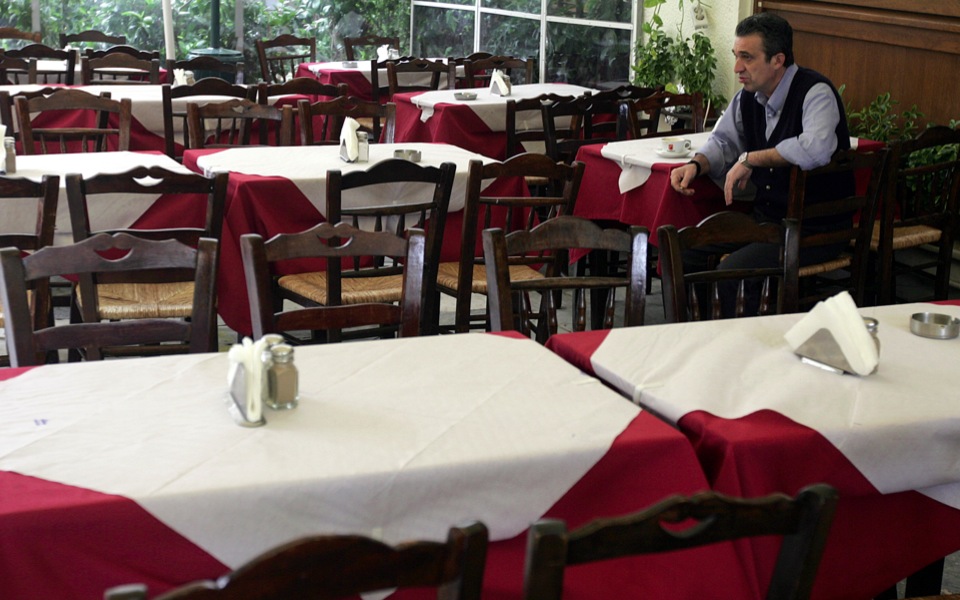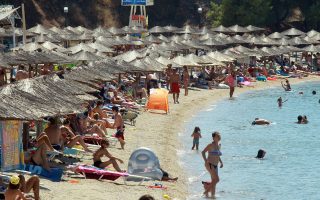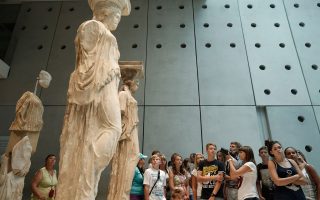Stability, VAT, air seats to affect 2016 tourism

Greek tourism is bracing for a test of strength next year as the number of criteria that will determine its performance in 2016 – and therefore its contribution to the national economy – is the highest observed in the last decade.
The head of the Hellenic Chamber of Hotels, Yiannis Retsos, says that the political and economic environment in the country will be one of the most significant criteria in the coming year. Therefore, stability will have to be safeguarded to maintain Greece’s image as a safe destination for international markets, a characteristic that has been particularly appreciated in recent years.
It is key to ensure that the country remains a member of the eurozone. Retsos stresses that the characteristics of the Greek tourism product should be preserved, something that can only take place within the eurozone. He notes that foreign visitors have grown used to coming to contact with the local communities of the areas they visit across the country and that an exit from the euro would distort the Greek destination’s features.
Another factor is the value-added tax increases that will affect the market considerably as of this fall: The rise in the VAT rate for hotel accommodation to 13 percent from October and for food service to 23 percent will effectively double the tax on the majority of tourism packages for 2016 compared with this year.
Some tough negotiations are currently under way regarding the signing of the remaining contracts between tour operators and Greek hoteliers for the 2016 season. The representatives of foreign travel giants are pressing the Greeks to absorb the cost of the VAT rise, or, at best, insisting that hotels share the extra burden. Whatever the case, hoteliers will see revenues decline.
Given that the majority of tourism enterprises in Greece are currently in debt and the chances of securing any financing from the domestic banking system are slim, if not nonexistent, the VAT absorption will create huge problems in the industry. Retsos says a key issue stemming from the new conditions is whether Greek hotel businesses will manage to remain competitive in terms of prices and quality, and how many will survive.
Also among the criteria for next year is the maintenance of the high supply of air seats from foreign markets to Greece. Furthermore, an issue that will have to be dealt with in an organized fashion is the high inflow of immigrants that some of the country’s most popular resort areas have been subject to this year. As the experience of the last few months has shown in destinations such as the eastern Aegean islands, this phenomenon has a clear impact on the tourism economy.
Among the external factors that are likely to affect incoming tourism in 2016 is the exchange rate of the euro against currencies such as the US dollar and the British pound. This year the decline of the common currency in comparison with the dollar and the pound has bolstered visitor numbers from two of the biggest markets for Greek tourism.
Greece stands to gain an additional share of the regional tourism market from the redirection of the international tourism flow if, as in previous years, extraordinary events such as terrorism attacks etc are repeated in rival destinations.





